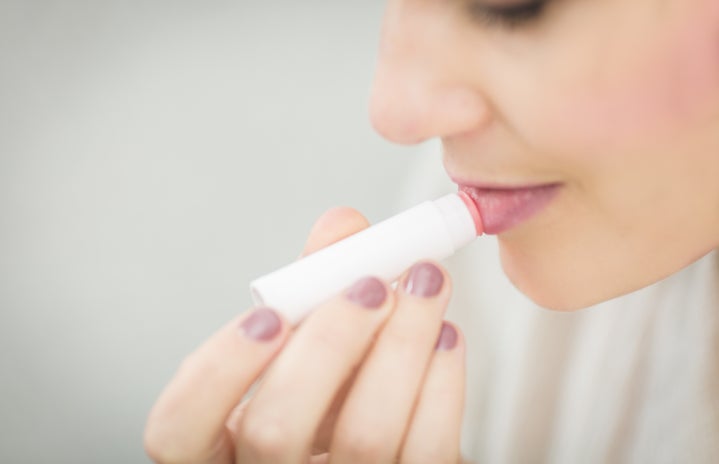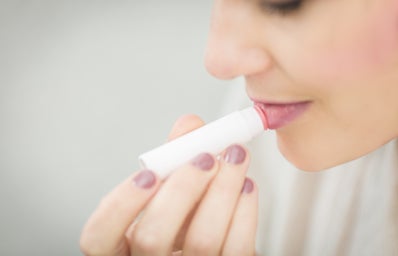Every year on Valentine’s Day, Americans spend $2 billion on flowers. We tend to think of a bouquet of flowers as a sweet gesture from a loved one, but roses have been used for thousands of years, and not only as a symbol of beauty or love. Since the 7th century, rose water has been actively used in medicine in Middle Eastern countries. The aromatic liquid is made from water and distilled rose petals, that provides various applications for utility. According to Medical News Today, rose water contains antioxidants that protects skin cell damage. It is known to help skin conditions including eczema and rosacea, due to its anti-inflammatory properties. Many people use rose water as a part of their skin care regimen to aid with the treatment of acne and skin dryness. The moisturizing liquid can help reduce the red appearance on the skin, as well as reduce lines and wrinkles. The lightweight spray of rose water could be a great alternative to using thick and oily anti-aging creams. It also could be used to remove makeup and dirt from dry or oily skin. The rose water’s curative values extend to daily makeup routines for school or work. The product can be sprayed as a mist onto the face to set the everyday makeup look. This critical step in anyone’s beauty routine hydrates the skin and produces the notorious and highly sought-after natural glow. A single spritz can prepare the skin for exposure to UV rays in addition to sunscreen. Moreover, the fragrant liquid helps control frizzy hair. Rose water can be applied onto the scalp and left for about 30 minutes. After that time, it can be rinsed with shampoo. Rose water can easily be found on the shelf at a local drug store or beauty store for as little as $7.00. Before use, be cautious about possible allergies and consult a doctor if reactions such as burning or irritation occur.
This article is written by a student writer from the Her Campus at FIU chapter.


